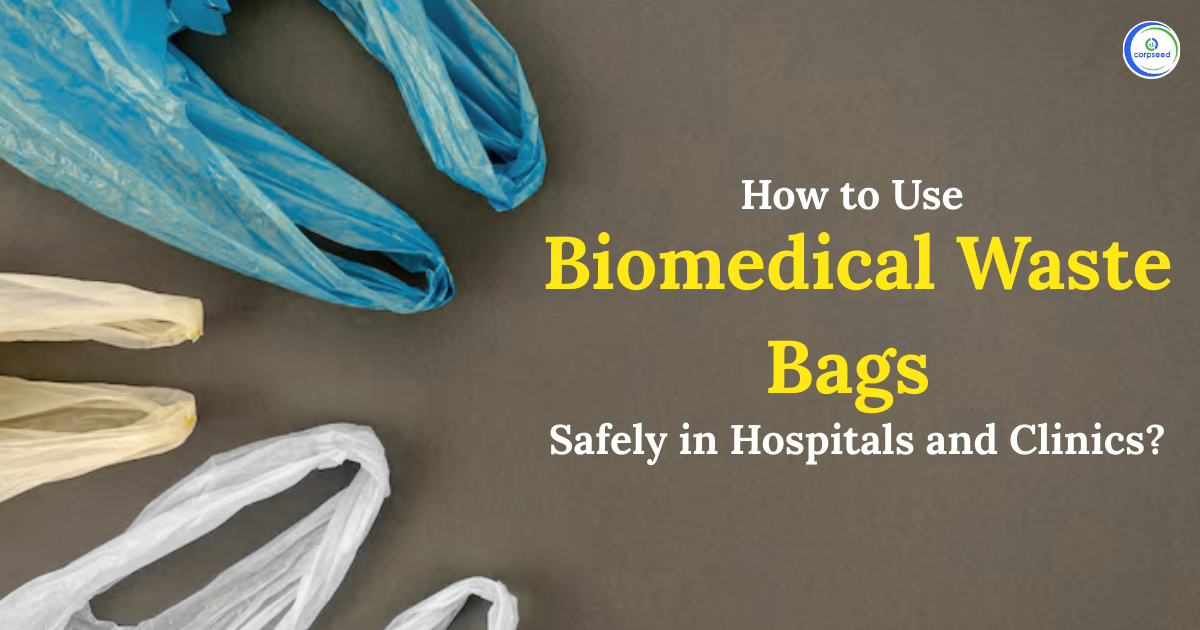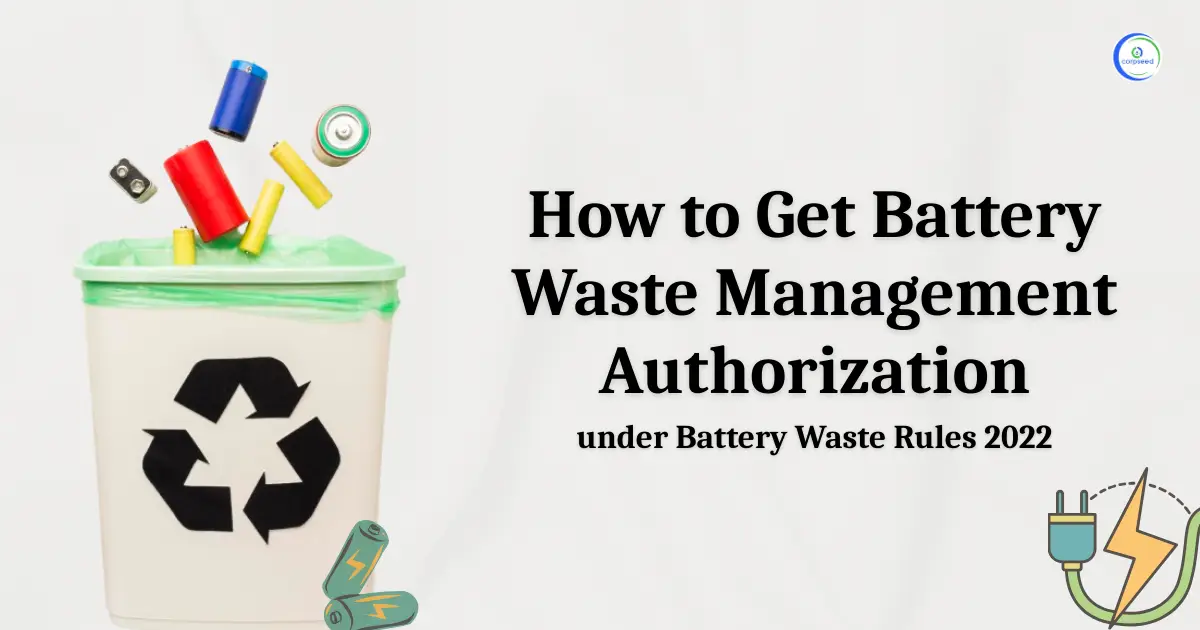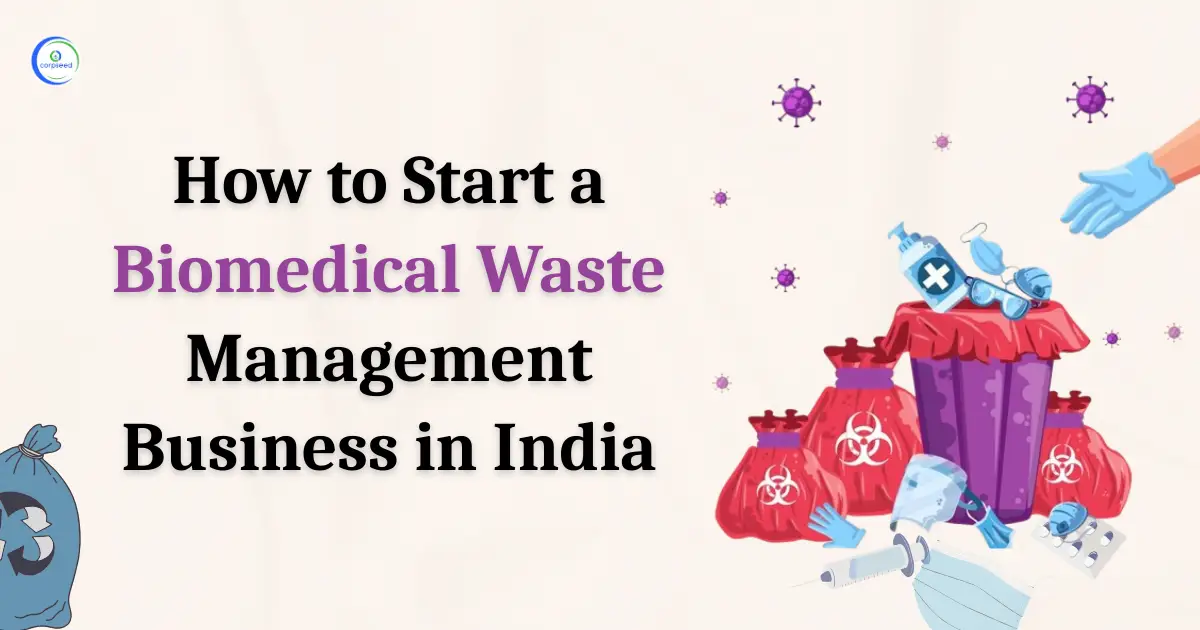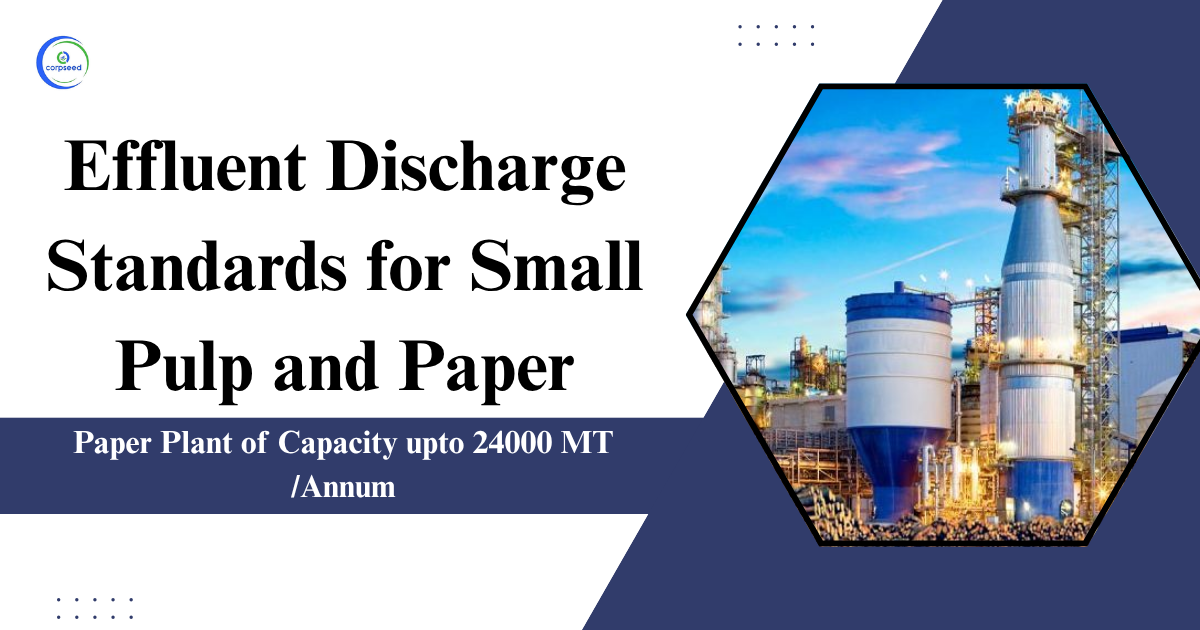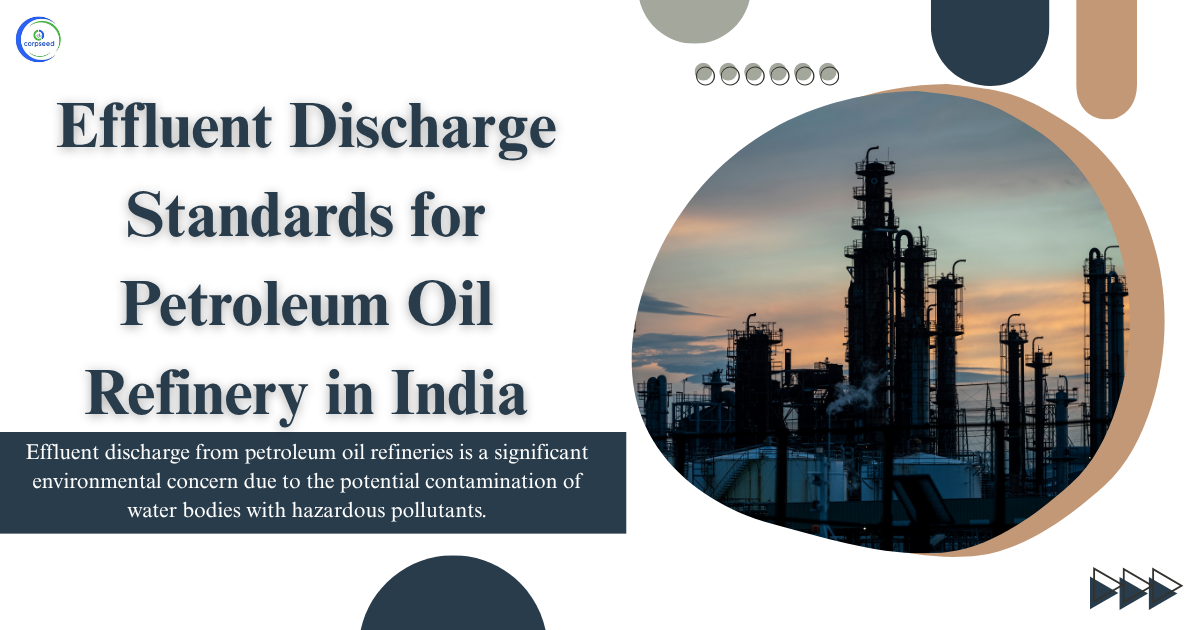What is a Battery?
A battery is a device that converts chemical energy contained within its active materials directly into electric energy by means of an electrochemical oxidation-reduction reaction.
According to new Battery Waste Management Rules, 2020 'A battery' is any source of electrical energy generated by direct conversion of chemical energy and includes disposable primary (Alkaline/Mercury/Silver oxide/Zinc-Carbon) batteries or rechargeable secondary (Lead Acid/Lithium-Ion/Lithium Metal/Nickel Cadmium) batteries or any other battery which is a source of electrical energy and contains potassium hydroxide or sodium hydroxide or ammonium chloride or zinc chloride or sulphuric acid or pressurized sulphur dioxide gas or thionyl chloride or magnesium bromide or magnesium per chlorate or mercury or zinc or cadmium or nickel or lithium chloride or any other hazardous material as defined in Hazardous and Other Wastes (Management and Tran boundary Movement) Rules, 2016.
Table of Contents
--------------Blog Contact Form-------------
Types of Batteries
Batteries are of two types
Primary Batteries or Non-Rechargeable Batteries.
- The Primary Battery may be defined as a battery or cell which is used once and then refused, these are disposable batteries.
- This includes Alkaline Batteries e.g. Mercury batteries, Silver oxide batteries, zinc-carbon batteries.
Secondary Batteries or Rechargeable Batteries.
- A Secondary battery or a storage battery or a rechargeable battery is a type of electrical battery that can be changed many times and can be reused.
- This includes lead-acid batteries e.g. Lithium-ion batteries, Lithium Metal Polymer Batteries, Nickel Cadmium Batteries.
Connect with Team Corpseed to Apply for Battery Waste Management Authorization / License
Applicability of Rules
The New Battery Waste Management Rules, 2020 is applicable for every manufacturer, producer, collection center, importer, re-conditioner, re-furbisher, dismantler, assembler, dealer, recycler, auctioneer, vehicle service center, consumer, and bulk consumer involved in the manufacture, processing, sale, purchase, collection, storage, re-processing and use of batteries or elements thereof as well as their elements, consumables and spare components that build the material operational.
Why it is Important to Manage Battery Waste?
Batteries are one of many materials that never reach the landfill & disposed of correctly. The most widely used batteries in households contain hazardous chemicals which, if enter into the environment, can harm both animal and human health, and the physical environment.
When batteries begin to corrode in landfill sites these batteries start to release chemicals into the ground, which can cause soil and water pollution. When chemicals enter in the food chain of animals, humans, and also enter in the environment can adversely affect them.
Recycling is one of the most widely used techniques to protect the environment. All the batteries that are placed in a recycling bin will be taken apart and the materials will be used to make something new.
For the effective management of batteries, the Government introduces the EPR term here also, like EPR E-Waste & EPR Plastic Waste.
What is an EPR Authorization in Batteries?
According to New Rules of Battery Waste Management Rules, 2020 every producer of batteries has to apply for EPR.
EPR stands for Extended Producer Responsibility means the responsibility of any producer of batteries for their products beyond manufacturing until environmentally sound management of their end-of-life products; for channelization of waste batteries to ensure environmentally sound management of such waste.
Extended Producer Responsibility may comprise of implementing the take-back system or setting up of collection centers or both and having agreed arrangements with registered recycler either individually or collectively through a Producer Responsibility Organization recognized by producer or producers in their Extended Producer Responsibility Authorization.
What are the Responsibilities of a Person who Worked with Batteries?
Manufacturer
- Apply for authorization from the concerned State Pollution Control Board/ Pollution Control Committee.
- Collect hazardous waste generated during the manufacture of any battery and channelize it for recycling or disposal.
- Maintain records of battery waste generated, handled, and disposed of & file annual returns to the concerned State Pollution Control Board/ Pollution Control Committee.
Producer
- Implement the Extended Producers Responsibility.
- Apply for Extended Producer Responsibility Authorisation.
Producer includes
- Manufactures and offers to sell batteries and their components or consumables or parts or spares under its own brand
- Manufactures or offers to sell equipment/product using a battery or batteries as a component under its own brand; or
- Offers to sell under their own brand, assembled batteries and their components or consumables or parts or spares produced by other manufacturers or suppliers; or
- Offers to sell imported batteries and their components or consumables or parts or spares.
Dealers
- Apply for authorization to the concerned State Pollution Control Board/ Pollution Control Committee.
- Maintain records of the battery waste handled & and file annual returns of the sale of new batteries and buy-back of old batteries to the manufacturer as well as State Pollution Control Board/ Pollution Control Committee.
Recycler
- Apply for authorization to the MoEF & CC
- Submit annual returns to State Pollution Control Board/Pollution Control Committee.
Consumer or Bulk Consumer
- Apply for authorization to the State Pollution Control Board/Pollution Control Committee.
- The bulk consumer shall file an annual return to the State Pollution Control Board/ Pollution Control Committee.
Auctioneer
- Apply for authorization to the State Pollution Control Board/Pollution Control Committee.
- File annual returns of their auctions & maintain a record of such auction and make these records available to the State Board.
Importer
- Apply for authorization to the Central Pollution Control Board.
- Collection of the used batteries.
Collection Centers
- Apply for authorization to the State Pollution Control Board/Pollution Control Committee.
- Maintain records of the battery waste handled and make such records available for scrutiny by the State Pollution Control Board/Pollution Control Committee.
Dismantler
- Apply for authorization to the State Pollution Control Board/Pollution Control Committee as a recycler for refining and recovery of materials.
- Maintain a record of battery waste collected, dismantled, and sent to the authorized recycler. & file an annual return to the State Pollution Control Board or the Pollution Control Committee.
What all authorization is required for working with Batteries?
- Environment Clearance from Central or State Government.
- Hazardous Waste Authorization.
- Authorization from State Pollution Control Board/Pollution Control Committee.
- CTE & CTO under Water & Air Act.
- Registration under Battery Waste Management Rules, 2020.
- EPR Battery Authorization.
Documents Required For Registration
- GST Certificate
- Company Incorporation Certificate (for Pvt ltd / public ltd)
- Authorized Signatory Aadhar Card
- Authorized Signatory Pan Card
- Electricity Bill
- Layout Plan
- MOA (for Pvt ltd / public ltd)
- top map
- Water Bill
- Rent Agreement/ Property Paper
- Details of pollution control equipment
- Details of processes
This portion of the site is for informational purposes only. The content is not legal advice. The statements and opinions are the expression of author, not corpseed, and have not been evaluated by corpseed for accuracy, completeness, or changes in the law.
BOOK A FREE CONSULTATION
Get help from an experienced legal adviser. Schedule your consultation at a time that works for you and it's absolutely FREE.


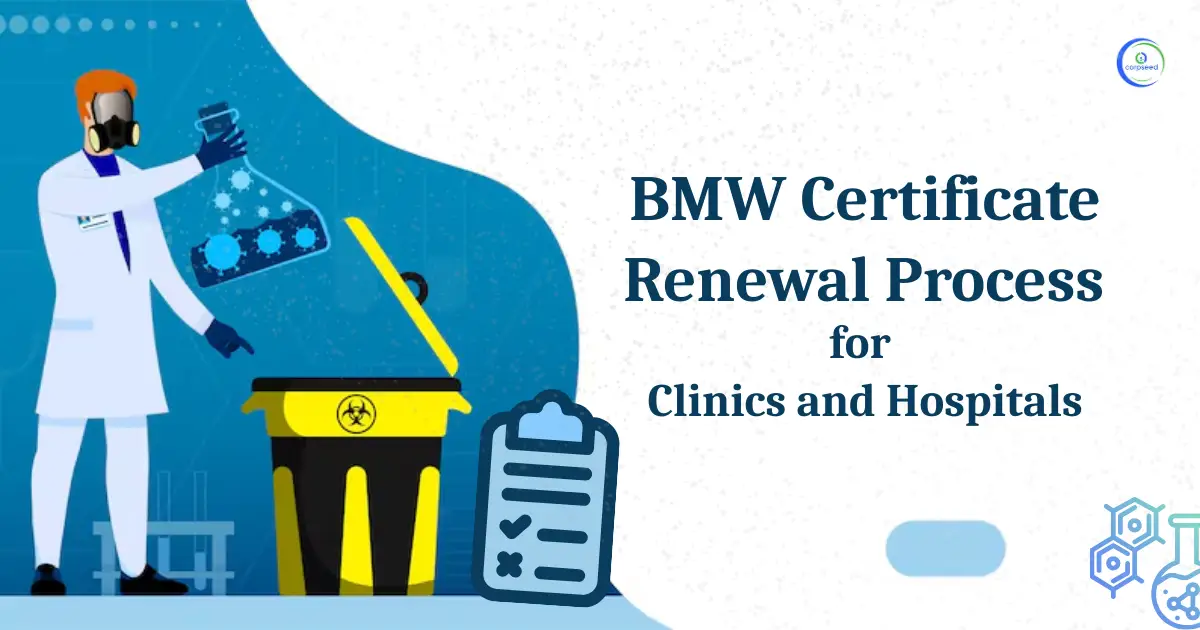
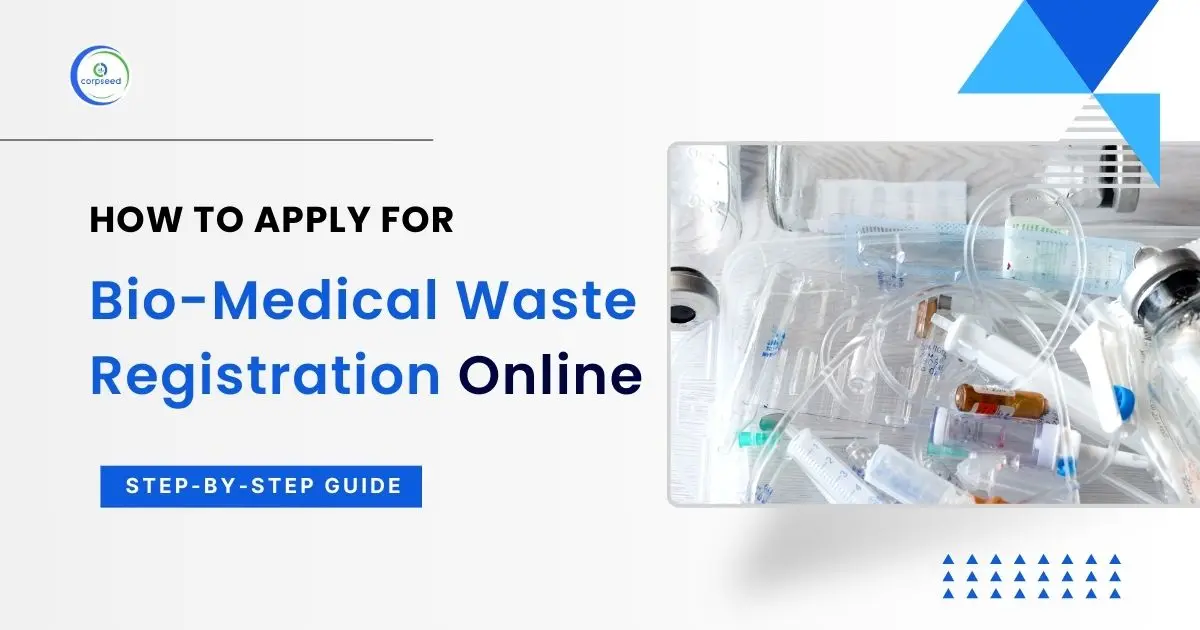
.webp)
